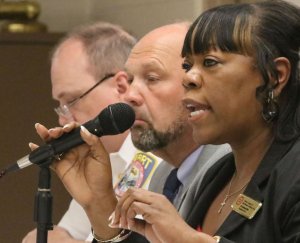
During Maggie Reister Walters’s Advanced Course, something came out of Maggie’s mouth which surprised her and which helped set the stage for what was to come – she said she was going to end racism in northwest Indiana – as soon as she said it she almost wished she hadn’t when she considered the immensity of what she said.
When she went to create her project in the Self-Expression and Leadership Program, her promise from the Advanced Course eventually came back to this focus. It wasn’t a smooth path – Walters struggled with having the time to complete the program. But the personal coaching she received allowed her to powerfully have challenging conversations with family and work staff. From that, she discovered that simply having a project wasn’t the only purpose of the program.
During her participation at Landmark, Maggie’s participation at the First Unitarian Church of Hobart, Indiana, was also blossoming. She and many church members are strongly interested in issues of racial justice, and a number of times speakers came to speak to the congregation. As board president of what she calls “a little church by the railroad tracks in downtown Hobart”, Maggie also simply wanted to have more people know what the church was and have more people come in the door. As a community which had mostly been white and which had a rapidly increasing African American population, issues of racial justice were a natural fit for the church to examine.
As she began to create a larger event, one church member asked, why didn’t have the mayor, and the police chief, and other community leaders show up? She soon had meetings with all kinds of different community leaders. In addition to the mayor and police chief, she met the local urban league’s director, and soon had them and a number of other key leaders lined up.
The event had five panelists – Vanessa Allen, who is the president and CEO of the Urban League of Northwest Indiana; Brian Snedecor, Hobart’s mayor, Richard Zormier; Hobart’s police chief; Samuel Love, an educator, artist and community organizer from Gary; and reverend Cheryl Rivera of East Chicago’s Antioch Missionary Baptist Church and executive director of the Northwest Indiana Federation of Interfaith Organizations.
Mayor Snedecor focused in his remarks on three main ways of reducing racism – promoting equity and diversity in the community, having this reinforced it in the schools, and tolerance taught in the home. Reverend Rivera emphasized the importance of creating the conversation across racial, class, and religious lines. Allen struck a similar note, saying “My vision for racial justice is to begin a pro-active method for communication with people who are different.”
The conversation started by Maggie has continued beyond the event. One way this has happened has been through two other church members who completed the Self-Expression and Leadership Program, and one of them created a four month curriculum called ‘Beloved Conversations’ to the congregation, a third of which signed up for it, in which members looked at established racism and their role in it. Maggie’s task force at the church is also looking at holding other events and more community forums.
Also read this story from The Northwest Indiana Times about Maggie’s project and event, and visit the church’s website and Facebook page.
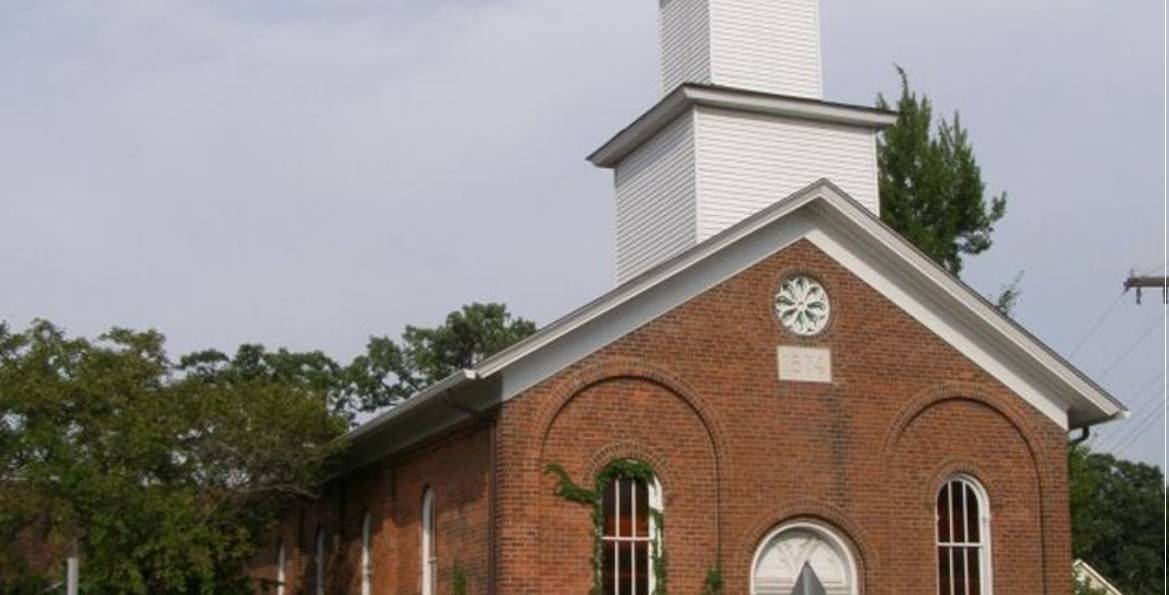
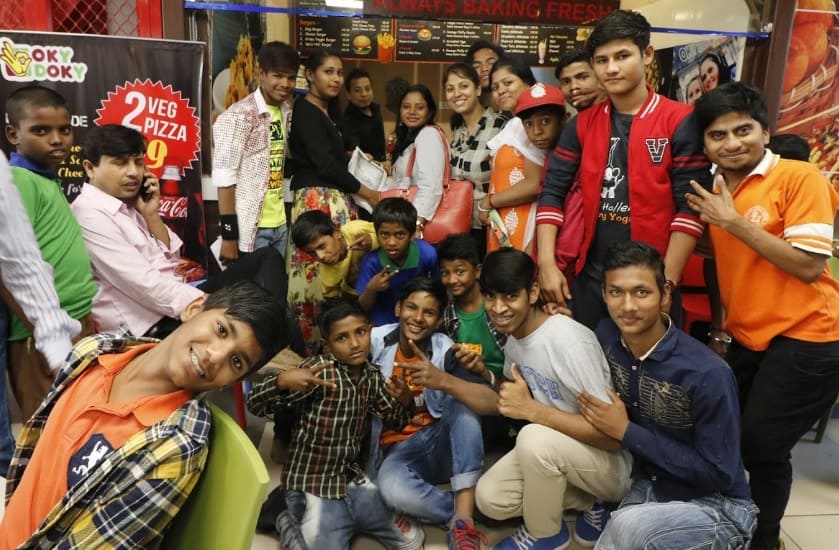
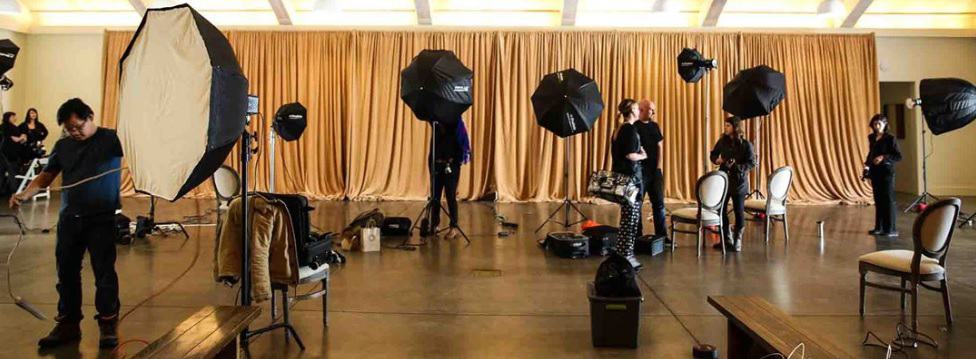
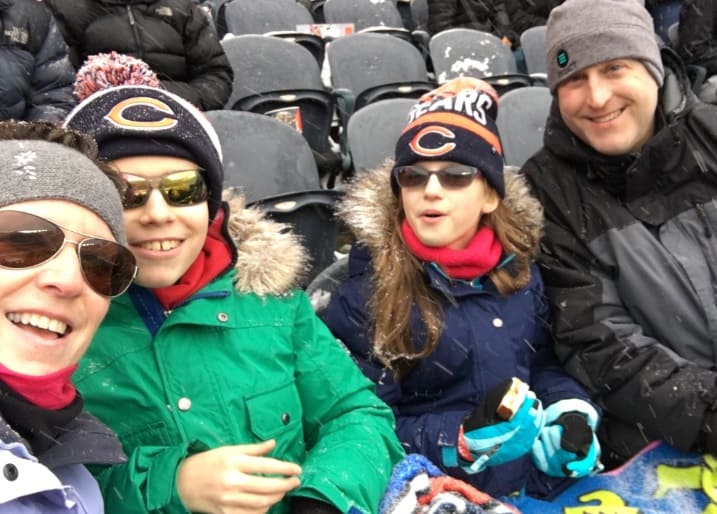
1 comment
There are a few typo’s in this story which makes it a little confusing. The first one, I believe, is in the first paragraph where it says, “…she was going to end racism in northwest India.” The third paragraph is also an incomplete sentence. I request that an editor revisit this article and resend. Thank you!